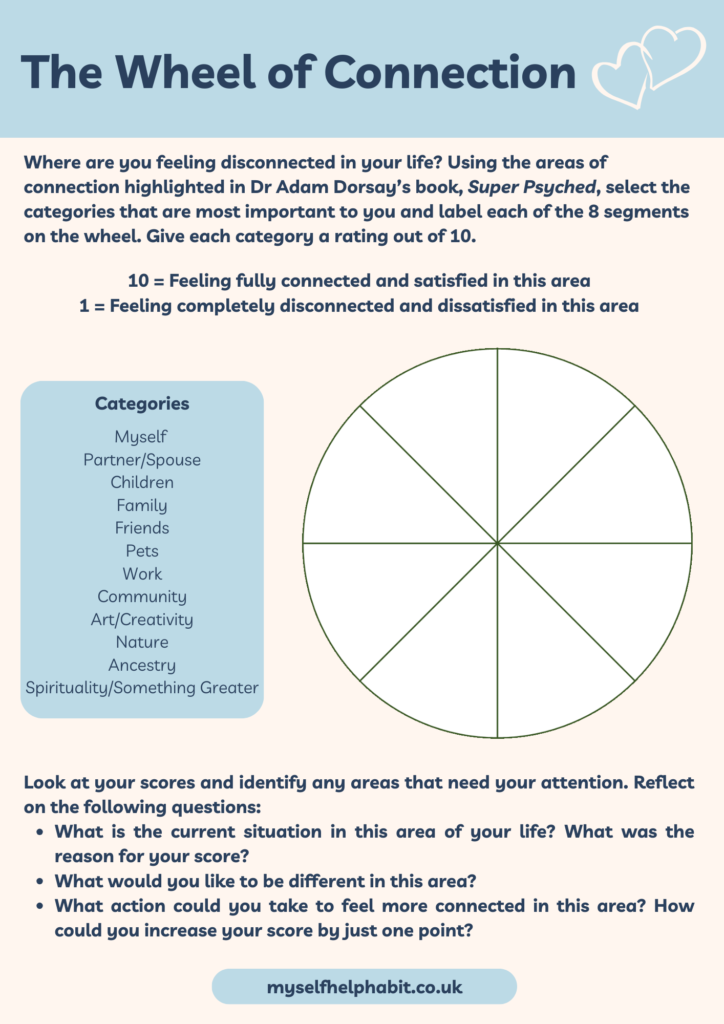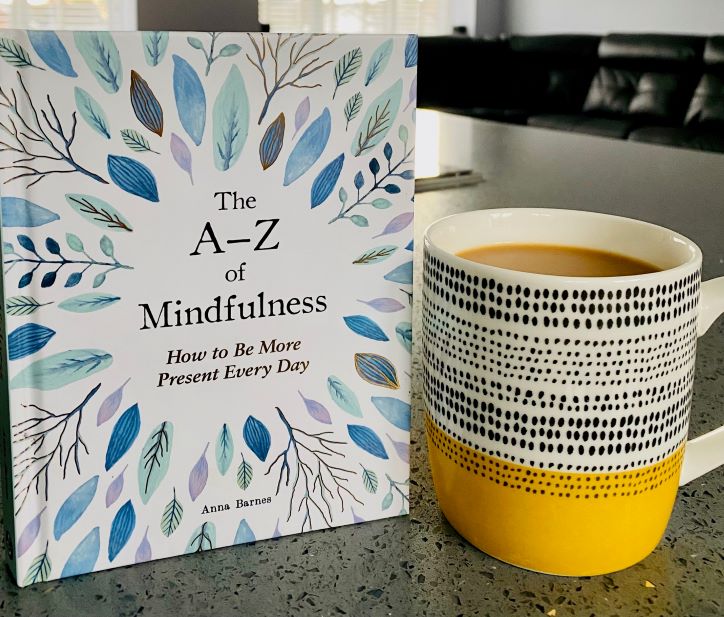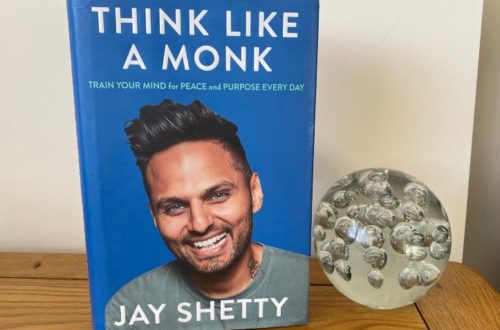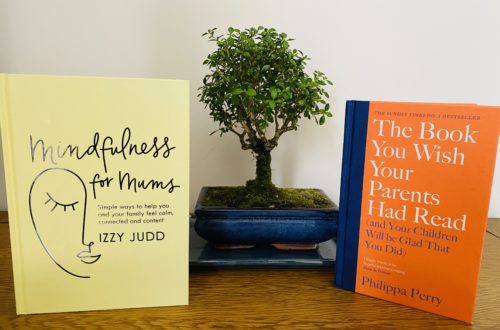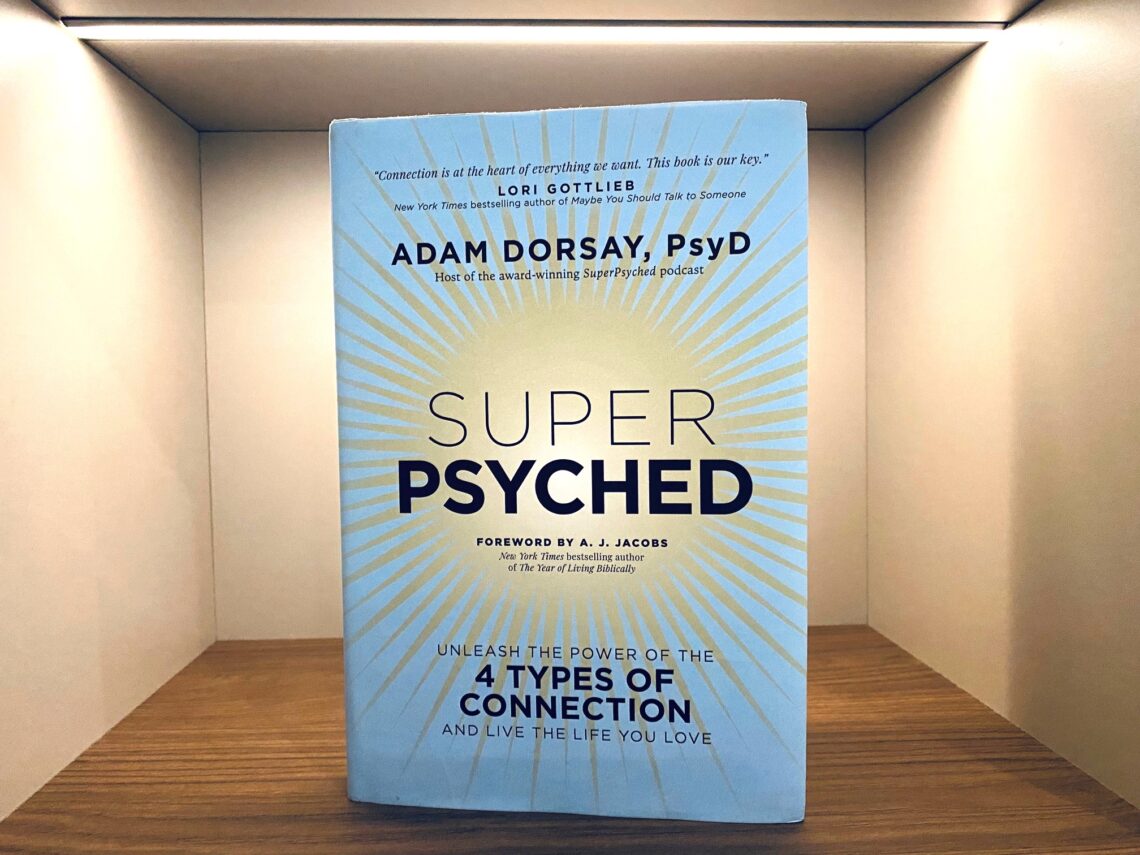
Deepen your connection with yourself and others
Review of Super Psyched by Dr Adam Dorsay (2024, 296 pages)
Ever felt like you are living a life that no longer aligns with who you are or the person you want to be?
Do you sometimes feel like you are drifting apart from your friends and loved ones?
When was the last time you felt truly excited about life?
I can clearly remember times in my life when I have felt deeply disconnected. These have been really difficult periods, marked by restlessness and a sense of feeling completely out of alignment. One such time was early in my career, when I felt unfulfilled in my role and began to think hard about the purpose of my work, which lead to grappling with bigger, existential questions such as, ‘Why am I here?’ Later, as my youngest child transitioned out of the toddler stage, and I slowly emerged from the ‘baby bubble’, it dawned on me that I had lost touch with who I was before becoming a mother. I had put aside my personal interests, suppressed parts of my personality, and rarely dedicated time to exploring anything outside of my family or career. I was not feeling in great shape and, looking back, I was clearly prioritising everyone else’s needs above my own. It wasn’t until I became unwell with severe anxiety, and my body literally forced me to a grinding halt, that I finally took the time to connect with myself again.
Having felt the pain of disconnection in both my personal and professional life, and having done a lot of soul searching since, I wish Super Psyched was around all those years ago!
The main focus of this book is to help you strengthen the connections that you make in life and to feel Super Psyched or ‘truly alive’ (p.14) again. The book’s author, Dr. Adam Dorsay, is a licensed psychologist based in California and host of the SuperPsyched podcast (which I fully intend to ‘binge listen’ to now that I have read the book!)
*Disclosure: I received a review copy of Super Psyched from Book Publicity Services and I am reviewing the book voluntarily.
Dorsay sees connection as a vital part of maintaining our psychological well-being and defines it as:
‘an internal emotional response…It can be the quality of a relationship between two or more people or groups. But it also includes how a person relates to themselves in an authentic sense’
Super Psyched by Dr. Adam Dorsay, pp.10-11
He pinpoints four areas of connection that can help you to feel nourished, aligned and more fulfilled.
- Connecting to yourself – This means knowing who you are, what you love to do, and what gives you a sense of purpose. When we are connected to ourselves we are in touch with our own thoughts, feelings, needs and desires.
- Connecting to the world – This is how we relate to the world around us and what kind of contribution we like to make. This could include engaging with nature, art, cultural activities, and supporting causes that are important to us.
- Connecting to others – This includes being appreciative of and fully engaged with the people who really matter to us (this could be our family, friends, mentors, colleagues, etc.)
- Connecting to something greater – This is up to us to define. It could mean following a particular religion, undertaking spiritual practices, and doing things that remind us that we are part of something bigger than ourselves.
How connected do you feel in each of these areas? Complete the Wheel of Connection below, give yourself a rating for each of your chosen categories, and have a go at answering some of the coaching questions provided on the worksheet.
Super Psyched is packed with valuable ideas and exercises to help you increase your sense of connection, many of which are informed by positive psychology. It is an engaging read, with inspirational stories from Dorsay’s clients and podcast guests helping you to connect with the material covered.
Here are some of the key concepts and actions from the book that I will be taking forward and that may be useful to you too!
Spend time getting to know yourself
The first step to a more connected life is to connect with yourself. This is where you need to be really honest with yourself and acknowledge what is not working for you anymore. This means recognising activities and behaviours that are unfulfilling and leading you to feel disconnected from your true self.
As Dorsay explains, we can feel pressure from our families and wider society to conform to certain standards as well as through comparisons we make with our friends, colleagues and strangers on the internet! This can lead us to chase material goods, careers, income levels, unrealistic standards of beauty, and engage in certain activities because we think they will make us happy and everyone else is doing the same thing. As a result, we may end up feeling exhausted, overwhelmed, and incongruent (quite the opposite of Super Psyched!) Feeling disconnected from ourselves and others can also lead to unhealthy coping mechanisms such as drinking, binge eating, over spending, and doom scrolling.
Dorsay therefore encourages you to work out what activities nourish you and what drains you and adds nothing to your life. Connecting with ourselves also means finding out what truly motivates and energises us, exploring our strengths and values, establishing and protecting our boundaries, and knowing what helps us to stay resilient. This includes engaging in your own self-care and asking yourself what you need physically and mentally to be able to connect with yourself and others.
Get in touch with what you want from life
If we want to feel ‘Super Psyched’ about our lives, we need to connect with our own desires. Dorsay recommends that you create your very own bucket list, where you list all the activities you want to do and all the places you want to go before you die. He also includes an inspiring exercise in the book where you position yourself as the protagonist in a story. You start off by writing about the version of you that acts in all the ways that you feel no longer serve you. You then switch to writing about the version of you that has the qualities and behaviours that you want to cultivate. Having connected with the type of person you want to become, you can start modifying your behaviours accordingly, even if initially you feel like you are faking it. As Dorsay suggests throughout the book, if you want to change, you have to challenge yourself to do something different and take action, even if it is just in small ways at first.
As we all know, change can be incredibly difficult therefore Dorsay addresses some of the self-limiting beliefs that prevent us from doing the things we want to do. He recommends that we watch out for thoughts such as, ‘I’m not the sort of person who…’ and discusses the different kinds of fears that hold us back (such as fear of judgement, the unfamiliar, rejection, failure, success, etc.) as well as common cognitive biases that trip us up.
Invest time in your relationships
Our relationships are a huge source of connection in our lives. Dorsay explores the different kinds of relationships we are involved in – as partners, as parents, as friends, as sons/daughters, even as pet owners!
Importantly, he acknowledges that while our closest relationships can be a great source of comfort and support, they can also be far from ideal. However, if we want to stay connected to the people we love, Dorsay urges us to put our efforts into nurturing our relationships with them. This may include doing activities that help you to reconnect (which may be as simple as giving a hug), swallowing your pride and offering an olive branch, being present and listening attentively to each other, and considering what the people in your life need to feel loved, cared for, and supported.
There are some incredibly useful tips on managing the conflict that inevitably arises in our relationships. As this is a development area for me, I noted down several pieces of sage advice, including:
- Reframing an argument as a ‘puzzle that needs to be solved’ (p.113). Dorsay takes this advice from New York Times bestselling author and journalist, A. J. Jacobs, who recommends that we ‘get curious not furious’ (p.113). When you adopt a problem solving mindset you can drop your defenses, be open to each other’s needs and points of view, and then seek out solutions together.
- It is all in the timing! Do not have heavy conversations when you are ‘Hungry, Angry, Lonely, or Tired’ (p.115) Instead, remember to HALT and postpone the conversation to a better time!
- Avoid making character judgements and slinging insults at each other (which only invites a defensive response). Use ‘I’ statements, to describe and take ownership of your feelings. For example, ‘I feel…when you…’ This may prompt a more compassionate response from the other person.
- Are you harbouring resentment and constantly bringing up old arguments? A powerful question that Dorsay shares from his conversation with Yale School of Management professor, Dr. Zoe Chance, is to ask the other person: ‘What would it take for us to put this behind us?’ (p.118).
As a mum of a teenager I really appreciated the chapter on the tricky task of connecting with our children as they grow older and came away with some fresh ideas! I particularly liked the concept of ‘the quest’ (pp.153-156) where you spend time doing an activity with your child that has some kind of purpose and outcome. It doesn’t have to be anything serious – just using a recent example from me and my son, our mission was to find the place that serves the best cookies in Manchester! The point is that it offers you the opportunity to have some quality time together and may encourage your child to open up to you about other things.
Another really important piece of advice that Dorsay provides is to be interested in your child’s world. Be curious about their hobbies and interests no matter what they are! I’ve had many conversations with my boys about topics I have absolutely zero interest in and am always surprised at how much I enjoy learning about their interests (I’m forever building upon my knowledge of Formula 1 and premier league football!)
Find meaning in your work
Work can bring a great sense of achievement and reward to our lives and be full of amazing connections (from our fellow colleagues, who we spend all day with, right on through to the people we serve). However, it can also be a source of stress, frustration and dissatisfaction. As Dorsay points out, we spend a huge amount of time at work so we might as well try to make it a happier and more fulfilling place to be!
Making a stronger connection with the work you do can be especially helpful if you are going through a difficult time at work or if you feel like your motivation has waned and your career has stagnated. Since it is not always possible to hand in our notice when things are tough, Dorsay provides lots of helpful tips on how to feel more connected at work. For instance, he advises that you:
- Focus on long-term career goals and decide what skills or qualities you need to develop at work. Then, seek out opportunities to learn and practice them.
- Identify your strengths and find creative ways to use them in your role.
- Look for the meaning and purpose in the work you do and that your company provides to its customers, clients, service users, etc. What is the bigger picture that you are working towards? What part, however small it seems, do you play in that bigger picture? What might happen if you did not do your job well or at all? What would the knock-on effect be?
- Adapt your role to incorporate more of the tasks and activities that you like to do or make space in your schedule to volunteer for projects that align with your strengths, interests and values.
Is your job taking over your life? Perhaps you need to disconnect from work! Find activities that you can do to put some distance between you and your job when you are not in work. Dorsay hints that these activities should be the opposite of what you do at work (for example, if you have a desk job, do something active in your spare time).
Explore different pathways to connection
Life provides plenty of opportunities to connect with others and the world around you. Dorsay highlights the many ways in which you can find connection in your life, including:
- Volunteering in your local community – not only is this beneficial to others and the environment, Dorsay also shows how participating in community activities is good for our physical and mental health.
- Engaging mindfully with art and unleashing your own creativity
- Spending time in the great outdoors and tuning into each of your five senses to fully appreciate the gifts that nature brings.
- Connecting with the wisdom, customs and practices of your ancestors. According to Dorsay, ‘If something has been around a long time, there’s a greater likelihood there are truths we can learn from it’ (p.233).
- Looking beyond ourselves to something greater – this does not always involve engaging in religious practices (though it can if you want it to!) It can also mean expressing gratitude for your friends and family and for any comforts you enjoy, intentionally savouring enjoyable moments in your life, and appreciating the magnificence in your everyday surroundings. You just have to take a minute to pause, give whatever it is your full focus and appreciation, and allow all those wonderful feelings to wash over you!
Super Psyched will certainly make you reflect on the quality of the connections you have in your life and how you can strengthen them. After reading the book, I am more mindful of how I interact with my loved ones and feel equipped with ways to deepen those relationships. It has reinforced the importance of being present and savouring the experiences that we have together, rather than letting those precious moments pass us by.
The book has also encouraged me to consider the purpose behind the work I do, helping me to recognise the contribution I make and value the strengths that I bring to the company I work for. This has been a hugely rewarding realisation and a definite turning point for me!
Most of all, the book has inspired me to maintain a strong connection with who I am, where I come from and, ultimately, where I want to go.

